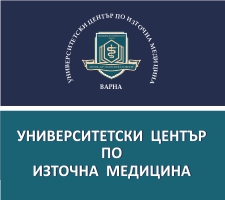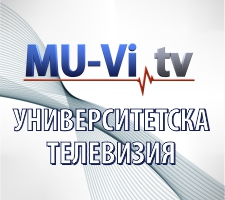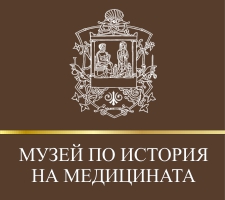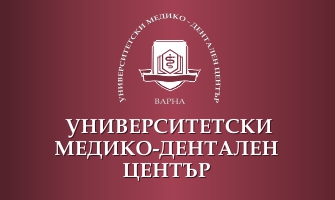More information is available on the video: https://youtu.be/ENuBPPo-4Lo
On 14 March, when the international community celebrates the World Kidney Day, specialists from the Nephrology Clinic at UMHAT “St. Marina"–Varna placed emphasis on early diagnosis and prevention of chronic kidney diseases (CKD). “There are more than 850 million people in the world who suffer from chronic kidney disease, which makes it the eighth cause of death, and over the recent years we have observed a global trend of progress and an increase in morbidity," summarised the data Prof. Dr. Svetla Staykova, DSc – Head of the Nephrology and Haemodialysis Clinic at the Varna University Hospital. “This is an alarming trend, which unfortunately also applies to Bulgaria," added the specialist and provided more data.
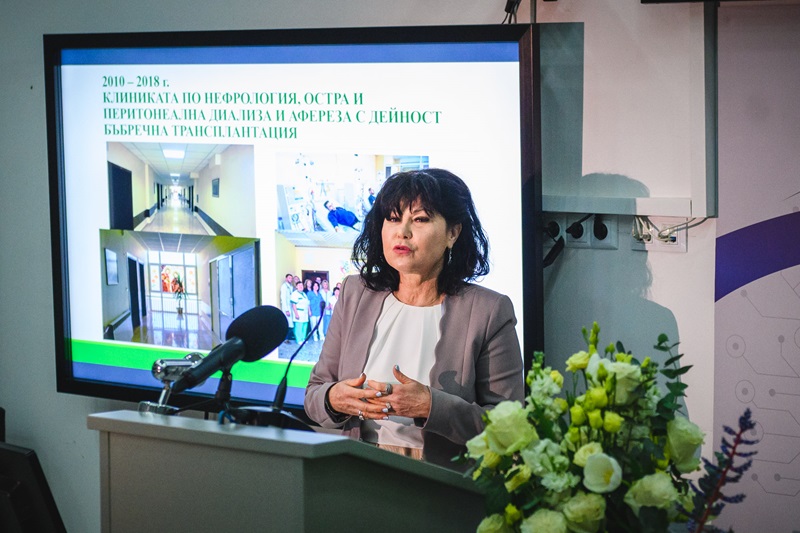
“Since 2022 and the COVID pandemic, physicians have witnessed a significant boom in the activity and incidence of chronic diseases, including chronic kidney diseases. According to statistics, between 10 %-15 % of the population in Bulgaria, or approximately between 700 000 and 800 000 people, suffer from chronic kidney disease," specified Prof. Dr. Staykova. “This includes both acute and chronic conditions that can significantly affect the quality and life expectancy of the people concerned."
Prof. Dr. Staykova underlined that the Nephrology and Haemodialysis Clinic at UMHAT "St. Marina"–Varna had a unique structure, and it was the only centre in the country where all existing therapies and diagnostics in Nephrology had been applied. Patients with kidney diseases are provided with conservative treatment, all dialysis methods of renal replacement therapy, renal transplantation, as well as dispensary monitoring and treatment of transplanted patients. In cooperation with the other structures of UMHAT “St. Marina"–Varna, multidisciplinary teams are formed to implement the necessary invasive and non-invasive imaging diagnostics and medical tests.
“The theme of this year's World Kidney Day is Kidney Health for All. Advancing equitable access to care and optimal medication practice," reminded the professionals from the Varna University Hospital.
Their message to patients is targeted at raising awareness on prevention and early diagnosis of chronic kidney disease. We are living at a time that provides us with unprecedented opportunities to prevent and slow down the development of CKD thanks to scientific advances in medicine. According to nephrologists, new therapies promise not only to slow down the disease progression, but also to reduce the risk of associated complications, such as cardiovascular diseases, co-morbidity, cerebrovascular incidents.
Bulgaria, as other countries, has seen significant challenges related to early diagnosis and limited access to modern therapies and medications. These factors reinforce the need for national efforts to improve kidney health, in particular among the vulnerable groups in our society.
Doctors are convinced that in order to improve the current situation in Bulgaria, a targeted strategy is required that includes the following aspects:
— Establishing integrated kidney care public health programmes: This could bring together early diagnosis and treatment efforts, and raise awareness among the population and healthcare professionals.
— Accessibility to medications and innovative therapies: Extension of health insurance to cover new and effective therapies, with a view to improving the quality of life of CKD patients.
— Awareness-raising and prevention: Developing national awareness campaigns on CKD risk factors, such as diabetes, hypertension and obesity, as well as promoting healthy lifestyles.
Against the backdrop of these challenges, the World Kidney Day alerts us to the importance of joining efforts – by health professionals, patients and institutions – to improve kidney health and access to quality and adequate treatment in Bulgaria. Only thus can we make meaningful progress in the fight against CKD and ensure a better future for all patients.
In order to improve the quality and timely treatment and care of patients, it is also necessary to develop the nephrological structure and referral for renal replacement therapy in Bulgaria, as well as the establishment of a national register.

